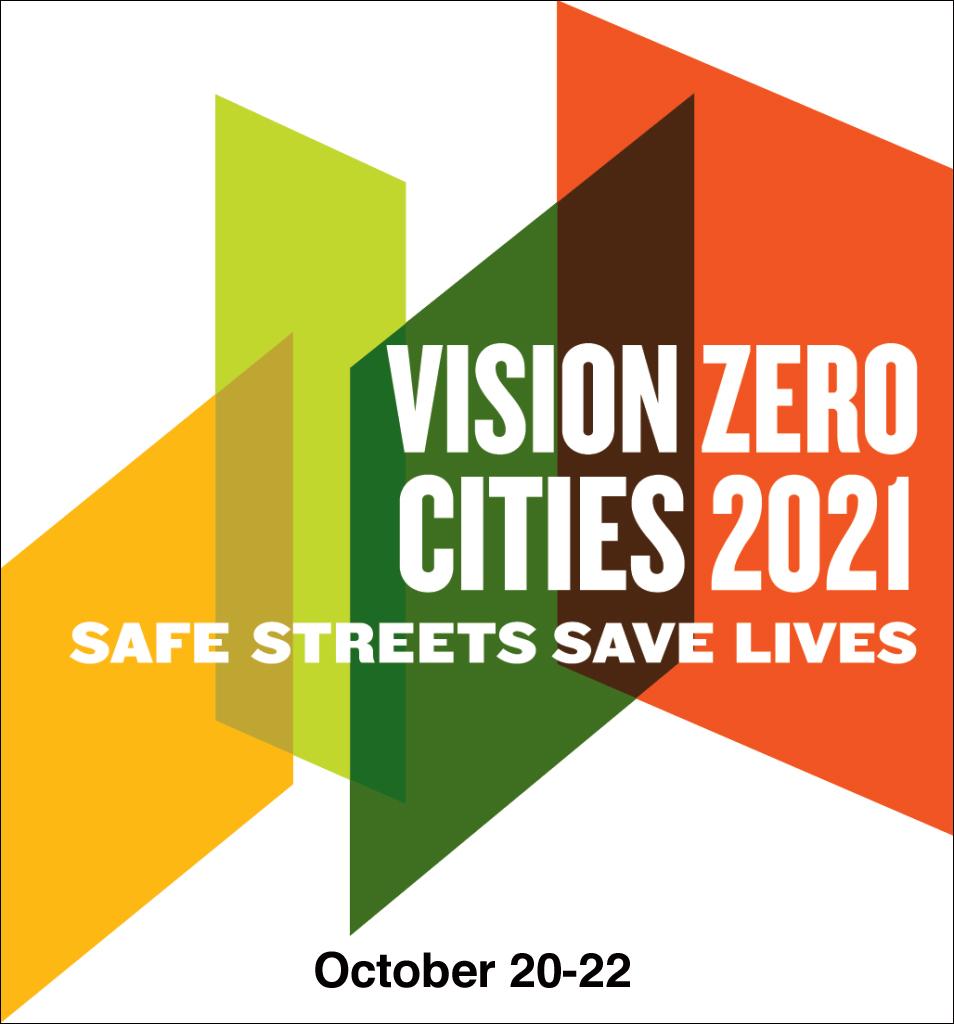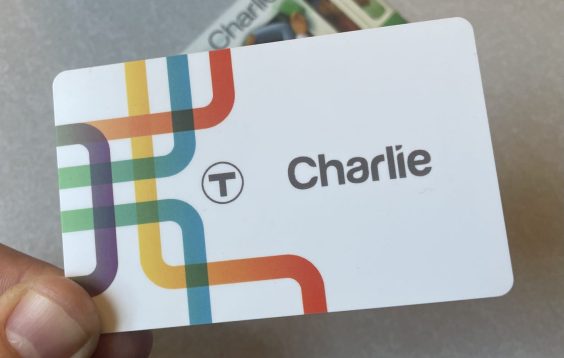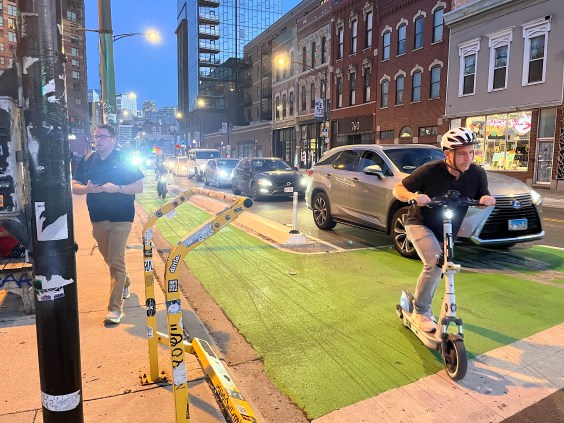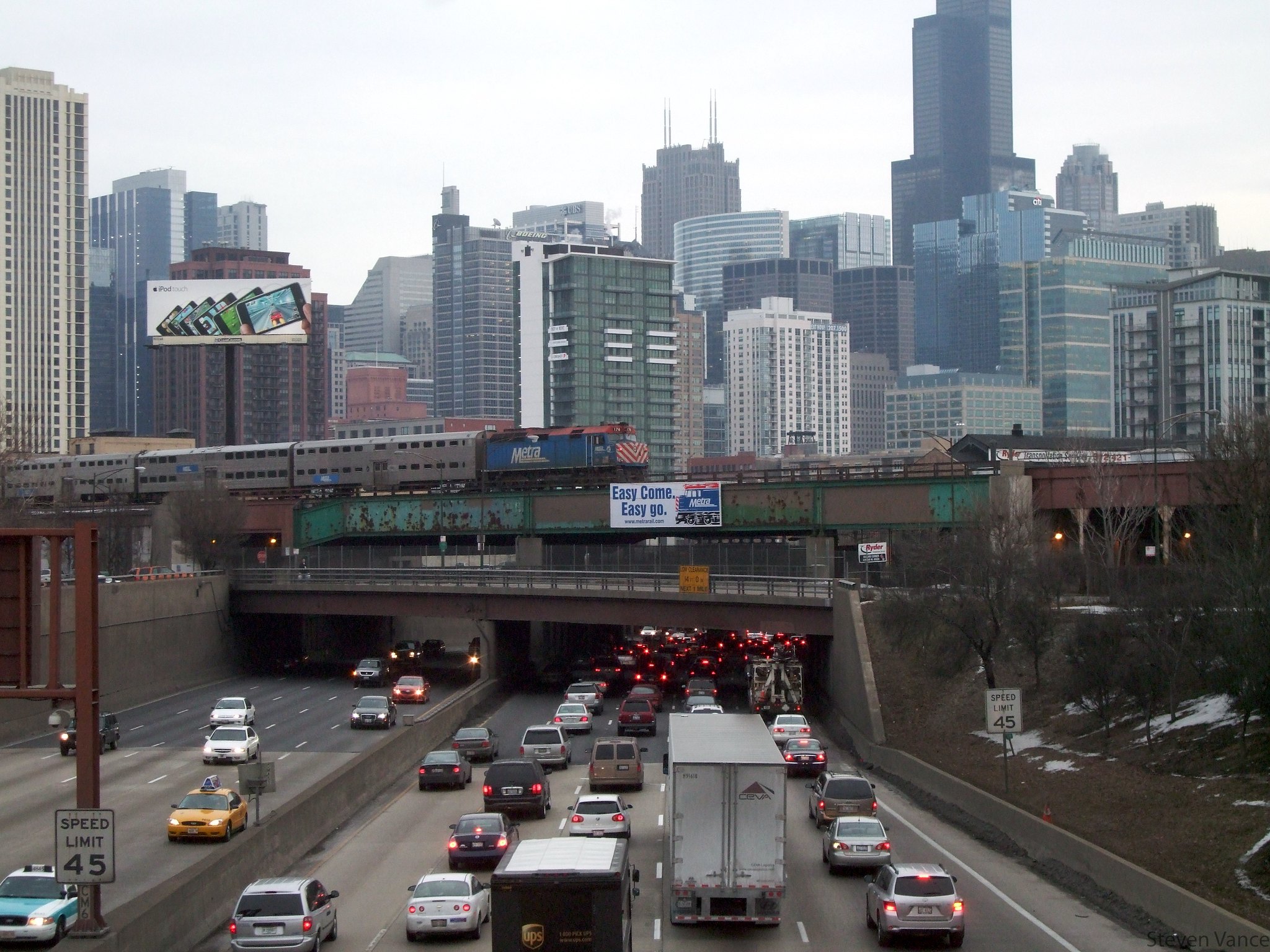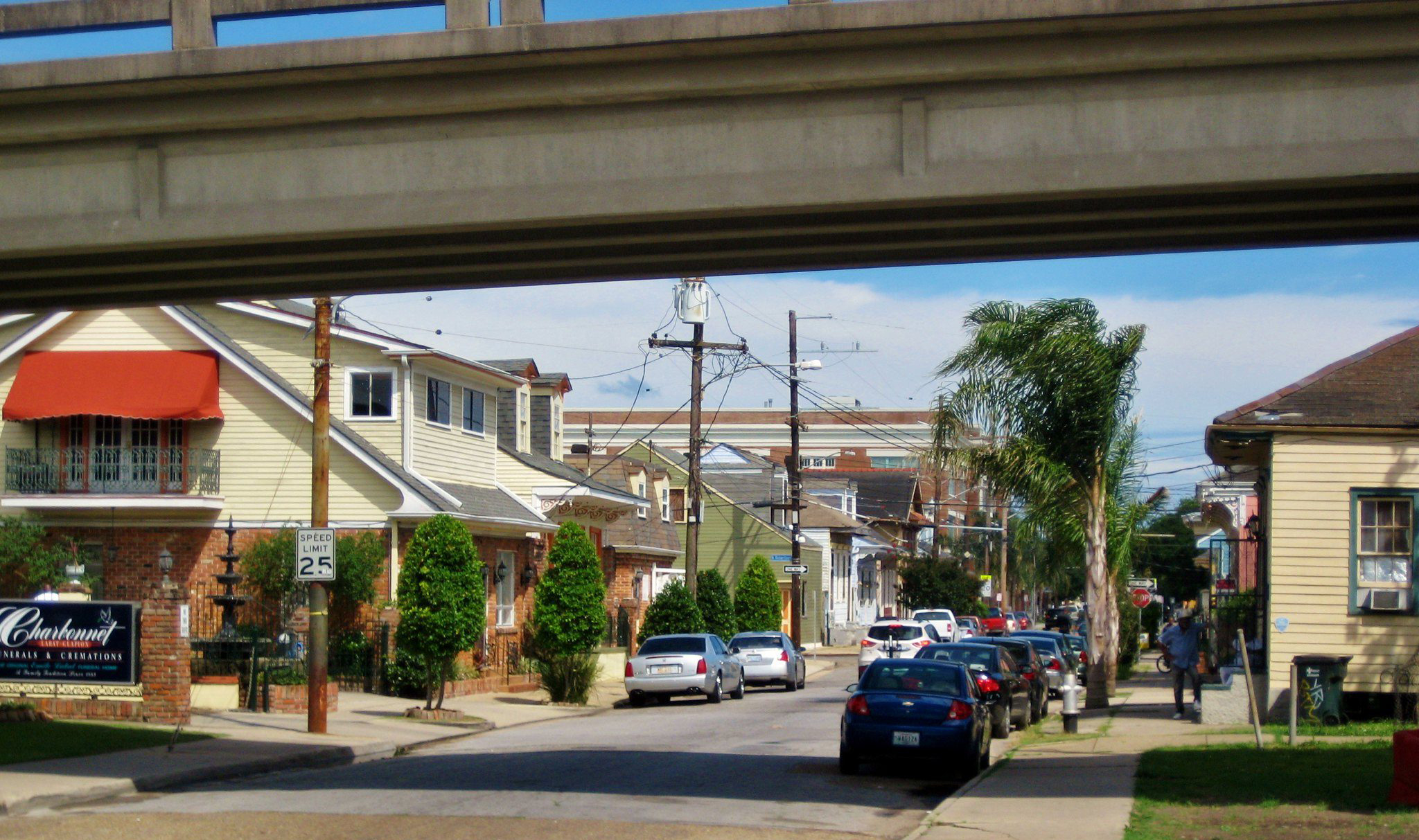Cars kill — but the language used in ads and newspapers always hurts.
Lauren Pine, a retired registered nurse, cyclist, and member of Families for Safe Streets, experienced the horrors of traffic violence first hand when a dump truck struck her and dragged her down the street in 2017.
Pine woke up in the hospital after a three-day medically induced coma and found her left leg had been amputated.
The headlines and television coverage of the incident recounted the story as “truck struck cyclist going the wrong way,” Pine said. But Pine saw a video of the crash which showed she was in the crosswalk with the light and the driver turned into her.
“The thought that I could have been solely responsible was overwhelming,” she said during a November Transportation Alternatives forum during last month's Vision Zero Cities conference. “I found strength from my hospital bed, protested, and had the police report changed.”
Words matter especially when the media and governments are constantly suggesting that car drivers and pedestrians have equal responsibility for maintaining safety on the road. That’s why advocates have picked apart misleading public service campaigns that nag cyclists to wear reflective gear and use headlights while letting drivers off the hook for dangerous behavior.
“There's really an opportunity to rebrand at all levels at a point to being truly reflective of the realities that highlight both the challenges and the successes that everybody outside of a car faces,” said Tom Flood, a principal at Rovélo Creative in Toronto and a leading voice in rebranding driving away from glamorous images of high-speed machines and more towards the reality of thousands of dead pedestrians every year. “Because in this space we really don't need bravado, we just need things framed in position properly.”
We build aggressive vehicles
— Tom Flood (@tomflood1) November 12, 2021
We market them recklessly
We celebrate dangerous driving
We design violent streets
We prioritize the driver at all costs
We shame and blame everyone else
Road violence is no accident, it’s a direct result of our choices.pic.twitter.com/kmMIfcIcEw
Advocacy groups are also looking at how they can communicate more effectively that improving street safety is better for all road users instead of falling back on transportation jargon. John Yi, executive director of Los Angeles Walks, explained that his organizers don’t even mention Vision Zero since the general public doesn’t understand what it really means.
“I rarely bring it up in our community organizing work, because, for our community, it is not about this larger global policy, it's about basic city services,” Yi said. “Has illegal dumping been cleared on the sidewalk so I can walk? Is the bus service coming on time so I can actually take the bus and get to where I need to go?”
Ads can remind drivers to pay better attention to the road and avoid drinking or texting, but they must be accompanied by concrete policies that make streets safer like reducing the speed limit, reprograming traffic lights to extend crosswalk times, and adding separated bike lanes.
“Pro Vision Zero messaging alone won't end our national traffic crisis — because at the end of the day, we need engineering, evaluation, engagement, and anti-racist enforcement much more than we need education,” said Streetsblog’s Kea Wilson.
TransAlt has disabled embeds, so click here to watch the entire webinar.
